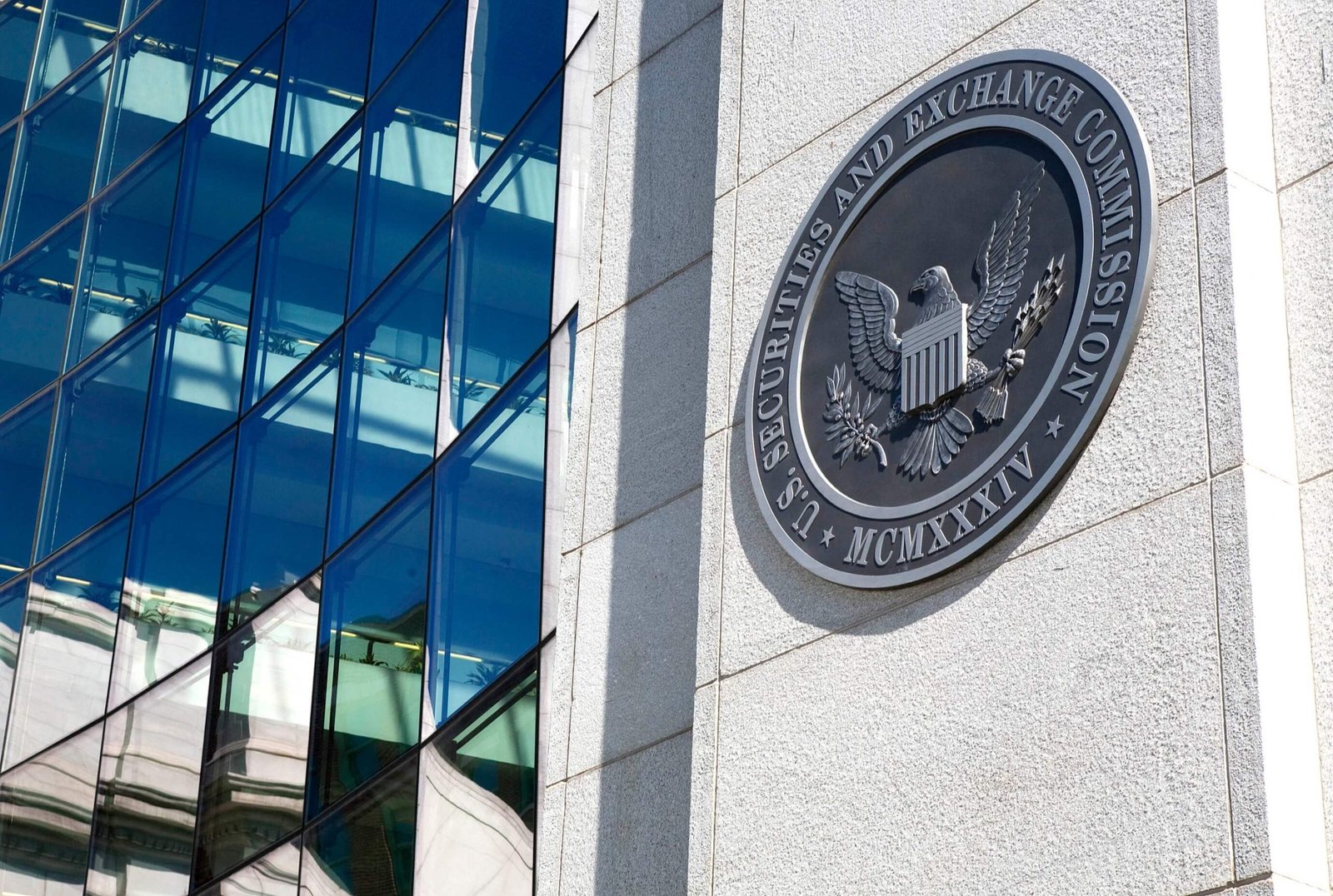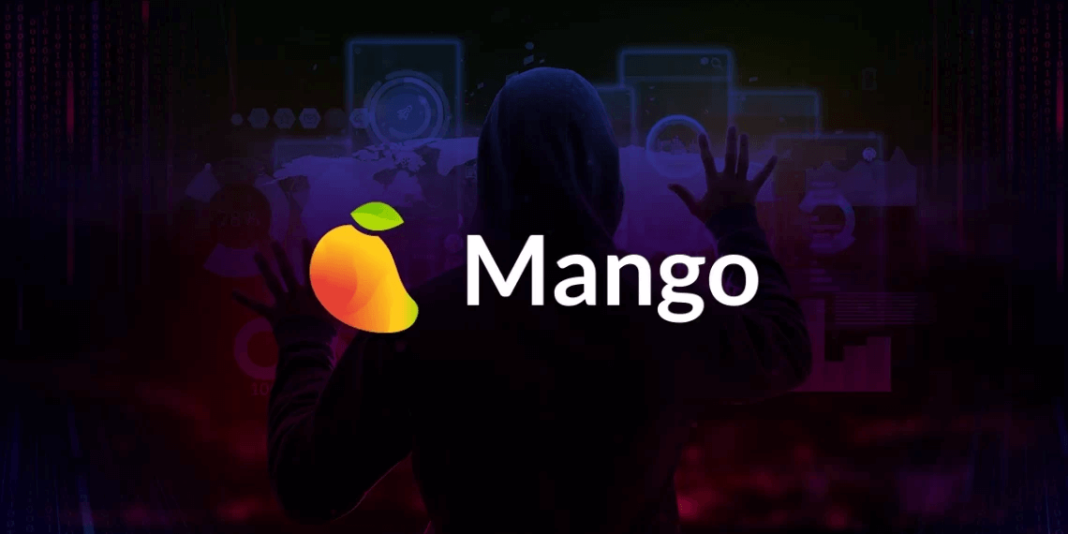In a landmark decision, a court has found Avi Eisenberg guilty of fraud and manipulation for exploiting vulnerabilities in the DeFi (Decentralized Finance) platform Mango Markets. This verdict sets a crucial precedent for the burgeoning DeFi space, raising questions about responsibility and potential regulation.

Eisenberg, a crypto trader, was accused of manipulating the price of Mango Markets’ native token (MNGO) to an astronomical degree, allowing him to borrow and withdraw a massive $110 million cryptocurrency. His defense argued that his actions were a legitimate trading strategy exploiting the platform’s design flaw. However, the court rejected this argument, siding with prosecutors who painted a picture of deliberate manipulation.
The verdict has significant implications for the future of DeFi. Proponents of DeFi have long touted its advantages, including transparency and freedom from central control. However, the Mango Markets exploit exposed vulnerabilities in DeFi protocols that could be exploited for personal gain.
This case raises several key questions:
- Who is responsible? DeFi platforms often operate with a high degree of anonymity. The Mango Markets case highlights the challenge of holding individuals accountable in a decentralized environment.
- Does DeFi need regulation? Regulatory bodies have been hesitant to intervene in DeFi, fearing they might stifle innovation. However, the Mango Markets case suggests that some form of regulation might be necessary to protect investors.
- How can DeFi platforms be made more secure? The verdict underscores the need for DeFi developers to prioritize robust security measures to prevent similar exploits in the future.
The legal battle surrounding Mango Markets is far from over.
Eisenberg’s sentencing is set for July 2024, and appeals are likely. However, the court’s decision has sent a shockwave through the DeFi community, serving as a stark reminder of the potential pitfalls inherent in this innovative financial landscape.
The coming months will be crucial for DeFi. Regulators, developers, and users will all be watching closely to see how the industry responds to this verdict. The outcome could determine whether DeFi flourishes as a viable alternative to traditional finance or becomes mired in legal uncertainty.










